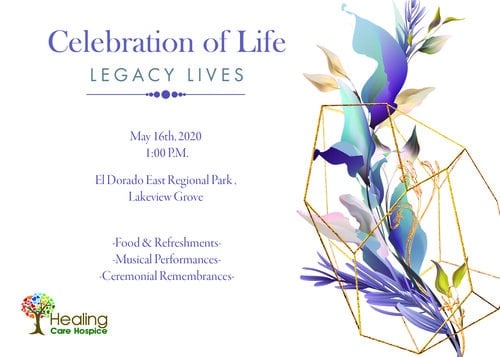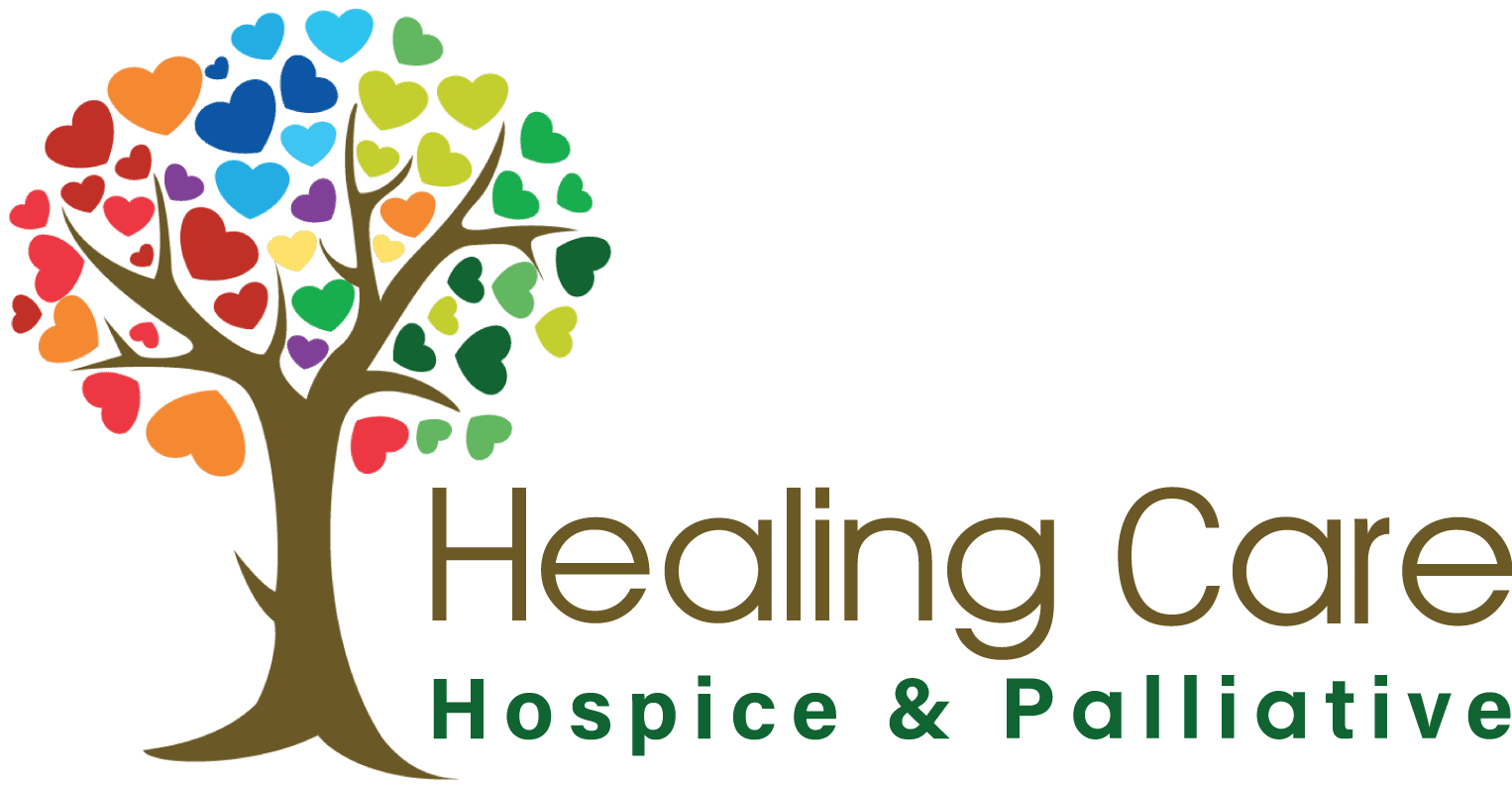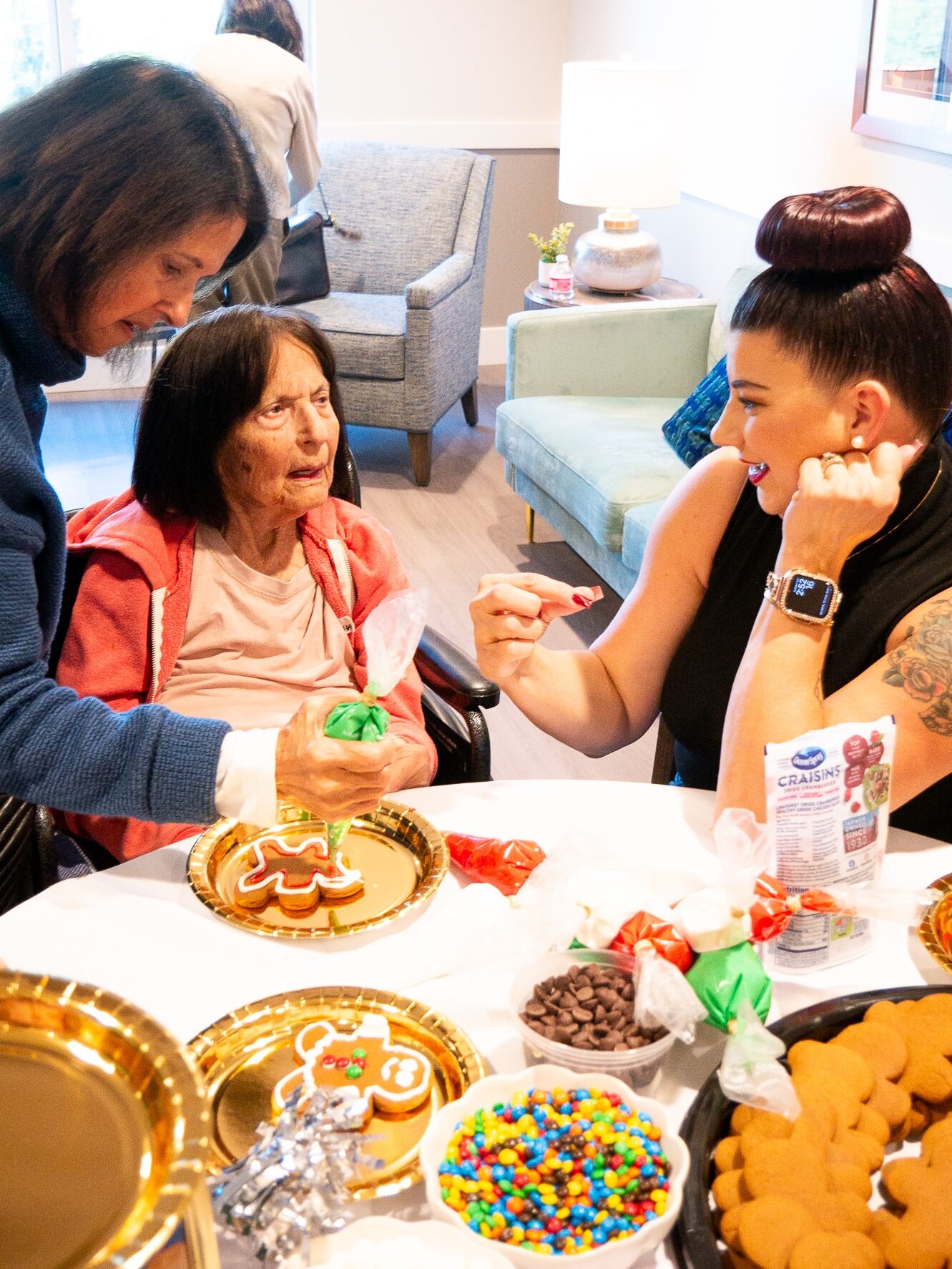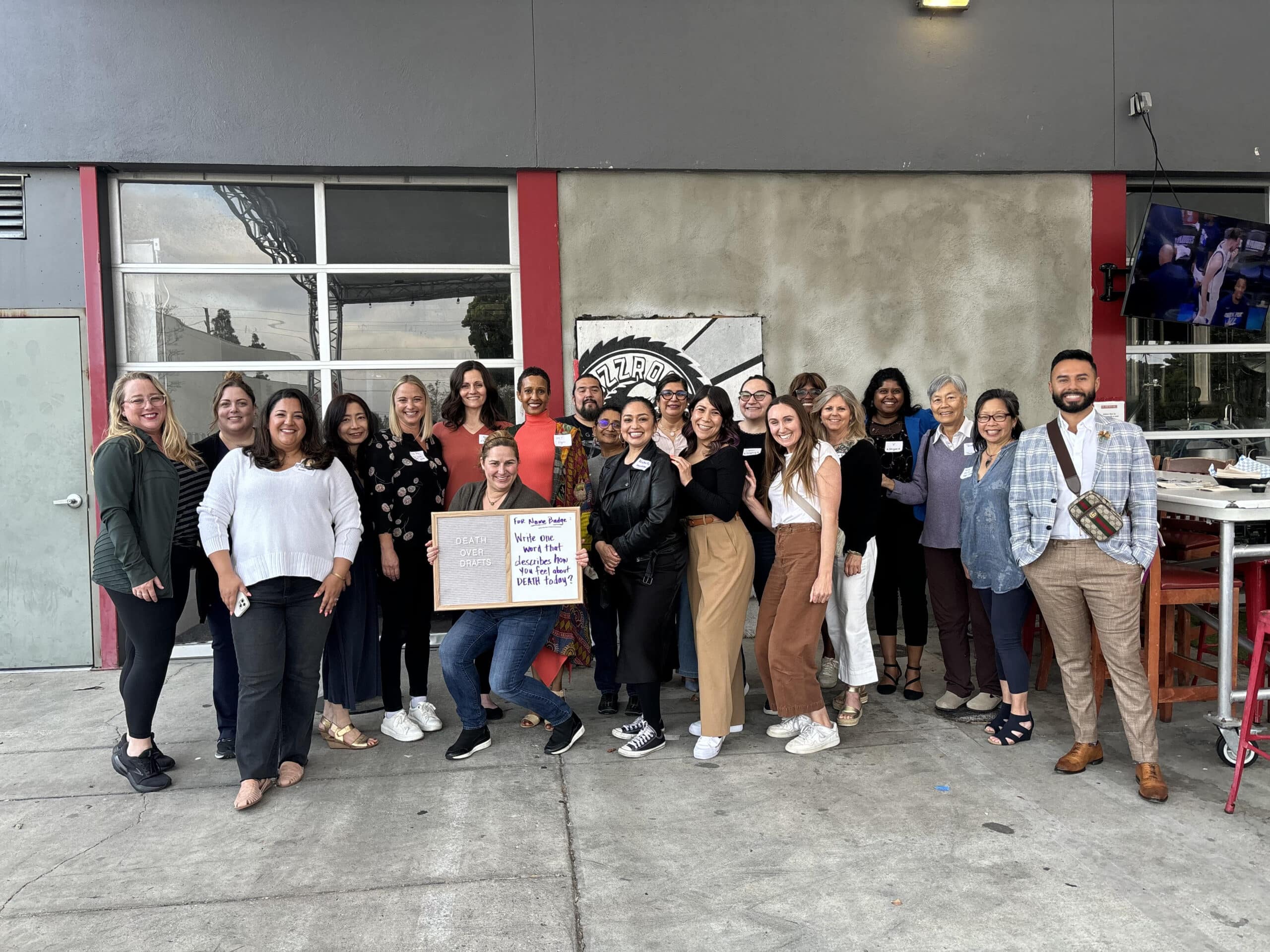Celebration Of Life 2020
Events / Calendar
Hector Diaz
– Healing Care Hospice Bereavement Coordinator
On May 18, 2019, Healing Care Hospice hosted a Celebration of Life memorial service for the families of all our patients who passed away in the last year. We served food and refreshments. Our talented staff members played music and sang soulful songs. We held a special ritual of remembrance for all those who died under our hospice care, a beautiful tree onto which people could hang heart-shaped notes of remembrance for their loved ones. This was a day where families and staff gathered to laugh, cry, reunite, but above all else – to remember their loved ones. In fact, the theme for the event was “Remember Me,” from Disney’s animated motion picture “Coco.”
But I believe it is important to ask the question, “Why should we remember?”
To answer this question, we must first define the term “remember.” The word originates from two fourteenth century French words, for “again” and “be mindful of.” This translates to the word “remind,” which describes the physical or mental action of recalling memories.
Interestingly, the death of someone we care for oftentimes leads us to become stagnant. This time of inactivity creates waves of sadness, tears, numbness, shock, relief, loss of meaning, loss of motivation and sometimes guilt, which are all rooted in grief. Grief causes a sense of paralysis. It is no wonder that I frequently hear people in bereavement communicate to me that they feel stuck. They feel stuck in accepting the reality of their loss; trapped in the pain of grief; jammed into new, uncomfortable roles; wedged in a stagnant sea of new life. But the truth of the matter is that it is okay to feel “stuck.”
As hospice professionals, we understand that grief cannot be wrapped in a pretty gift bag. Grief is complex. It is unique. In the same way our finger prints and DNA are unique, grief also comes in all shapes and sizes and creates its own path in each of us. The goal is not to be “fixed.” Rather, the goal is to find people who will walk alongside your confusion; who will actively listen with empathy and compassion; and recommend helpful tools as you build a new home of hope. In her book, “Resilient Grieving,” Dr. Lucy Hone stated, “Grief is not a problem to be solved; it’s an experience to be carried. The work here is to find—and receive—support and comfort that helps you live with your reality. Companionship, not correction, is the way forward.”
Oftentimes, mourners will feel uncomfortable expressing grief to their loved ones, especially months after their beloved’s death. Family members become irritated and concerned that the mourner has not found healing or closure. “I think it’s time you move on,” or “Snap out of it!” are common comments stated by concerned family members. But grief is a process. It is different for everyone.
It is also important to note, however, that too much inactivity is not okay – it is unhealthy. Life seems to be lived best when we balance our priorities, our time, our money, and ourselves. So rather than remaining stagnant in feelings of grief and sorrow, those experiencing grief may benefit from taking action.
J. William Worden stood in the belief that part of adapting (not completely healing) from grief was taking action. According to his grief theory, there are four ways to make this happen.
1. Accept the reality of the loss.
2. Work through the pain of the grief.
3. Adjust to a world without the deceased.
4. Find an enduring connection with the deceased, while embarking on a new life.
Warden preferred utilizing the term “tasks” rather than “stages” or “phases” because as he stated, “it implies that the mourner needs to take action and can do something…the mourner may see phases as something to be passed through, whereas the tasks approach can give the mourner some sense of leverage and hope that there is something that he or she can actively do to adapt to the death of a loved one” (Warden, 2009).
Although these tasks need not be completed in any order, the fourth and final task echoes Dennis Klass’ Continuing Bonds, an attachment theory based on continuing a healthy relationship with the deceased. Part of finding an enduring connection is remembering.
This is what the movie “Coco” got right. We never forget the memories made with those we have lost – the relationship continues, in different ways. Although life will never be the same, as when our beloved was alive, we can be sure that their memories, influence, inspirations, legacy and values continue to impact the way we live life in the present.
So why should we remember? Well, according to Warden’s grief theory, if a mourner fails to complete the fourth task of remembrance while embarking on a new life, they are no longer living. He said, “For many people, task IV is the most difficult one to accomplish. They get stuck at this point in their grieving and later realize that their life in some way stopped at the point the loss occurred.”
This was the goal during our time together last year. You can continue to take action by attending the next memorial service for our families, called Celebration of Life: Legacy Lives, located at El Dorado East Regional Park, Lakeview Grove Long Beach, CA on May 16th 2020. While you wait for the event, light a birthday candle for your loved one; pop open a photo album and reminisce on the fun times; visit the gravesite and speak to them about your dreams and aspirations; write a letter to them; continue a cause they believed in; or finish a project started by them.
Do all this while embarking on a new normal, a new life, without them.
May the memories of your loved one bring comfort.
You are loved,
Hector Diaz,
Bereavement Coordinator



